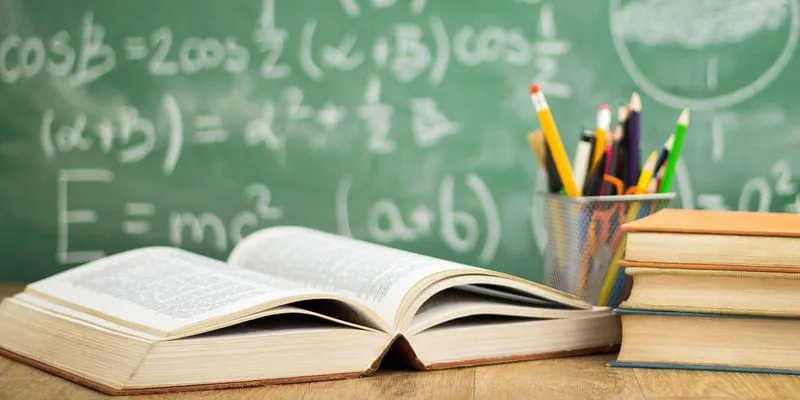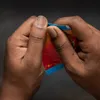I am Madhu, a 15-year-old girl from Mahesana district in Gujarat. I belong to the ‘Vadi’ community, which is a nomadic tribe in the state of Gujarat. My father, Chhuranath Madari, passed away 12 years ago and my mother, Leelaben Madari, is a homemaker. My grandfather owns livestock and my elder sister discontinued her schooling to help grandfather sell livestock.
Unlike many girls in my community who are not able to get higher education, I wanted to study because
I want to support my mother and grandparents as well.

I believe that an educated girl makes two families educated. However, for many students like me, the biggest challenge during the lockdown was access to technology and the internet. I couldn't attend online classes as I lack a smartphone. To find a way to study, I used to walk 4 kilometres with my friend Shraddha, who had offered to join me.
After missing out on months of education because the novel coronavirus disease (COVID-19) pandemic led to the closure of my school, learning losses for students like me who were already left behind by education systems were further compounded by inequities that arose from school shutdowns.
I was good at maths and had been a part of the IBM STEM for Girls project – a digital fluency and life skills curriculum designed to help girls in government secondary schools break gender stereotypes and explore the possibilities of STEM-enabled careers.
However, I couldn’t regularly attend its online classes during the pandemic. After the project interventions, I was provided with a smartphone under a mobile library approach which made sure that I could attend the sessions with our facilitator – who shared easy to understand maths learning videos while using the mobile to teach math concepts.
With the help of my facilitator, I was able to participate in all of the online sessions. Thanks to the mobile library, I don't have to walk 4 kilometres and now I can focus on my studies.
Edited by Kanishk Singh







